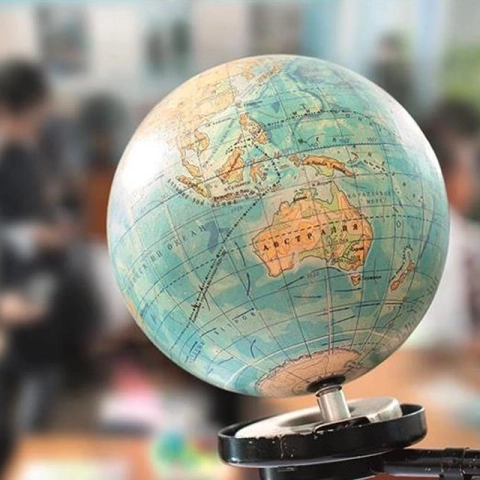The Master of Arts (MA) in Geography is a two-year postgraduate program that provides an in-depth understanding of physical, human, and environmental geography. The curriculum covers advanced concepts such as urbanization, climate change, sustainable development, and the application of modern technologies like Geographic Information Systems (GIS). The program equips students with the ability to analyze complex geographical data, conduct field-based research, and critically evaluate the challenges and opportunities facing societies and ecosystems. By integrating theoretical knowledge with practical applications, the MA in Geography prepares students for diverse professional roles in academia, research, policy-making, and industry.
Duration of programme
Level of Study

Advanced Physical Geography: Detailed study of landforms, hydrology, climate systems, and ecosystems
Human Geography: Exploration of urbanization, migration, population dynamics, and cultural geography
Environmental Geography: Focus on environmental issues such as climate change, natural hazards, and sustainability
Geographical Information Systems (GIS): Introduction to GIS, spatial analysis, remote sensing, and their applications in geographical studies
Graduate
Minimum 45% Marks